In Brain Chemistry We Trust—The Gospel According to Pharma
Mad in America
APRIL 2, 2025
Depression was sold to us as a simple problem of serotonin insufficiency, a convenient narrative that made drug companies like Eli Lilly, Forest Pharmaceuticals, and Pfizer very rich. As a former pharmaceutical advertising writer, I not only witnessed the explosive growth in antidepressant drugs, I contributed to it.

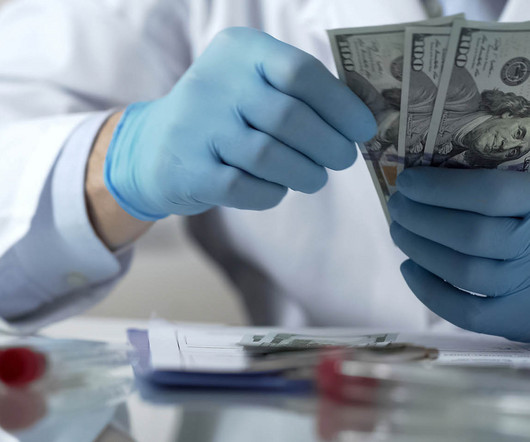
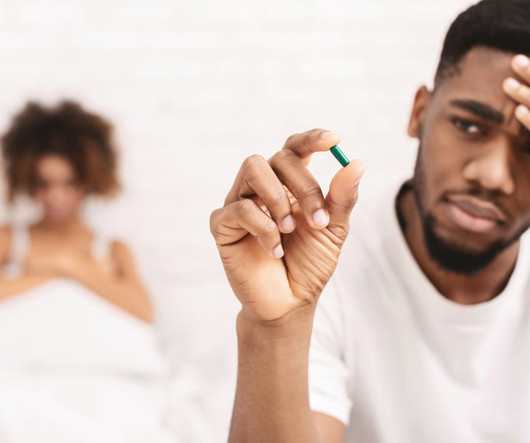
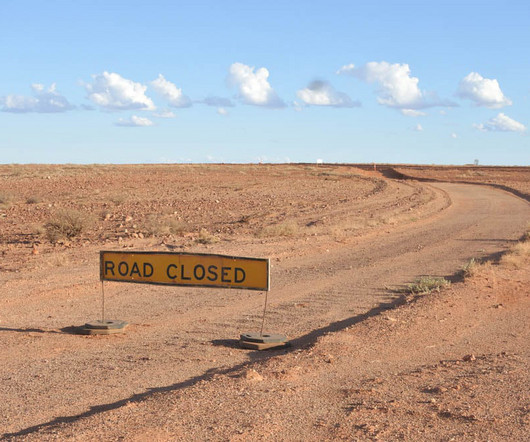
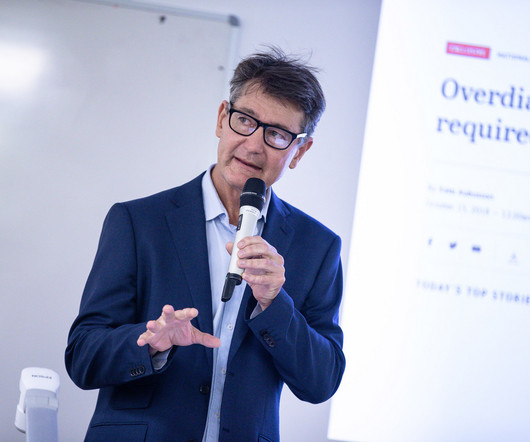
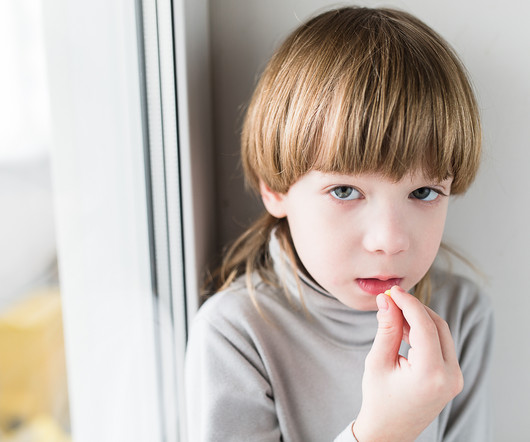






Let's personalize your content